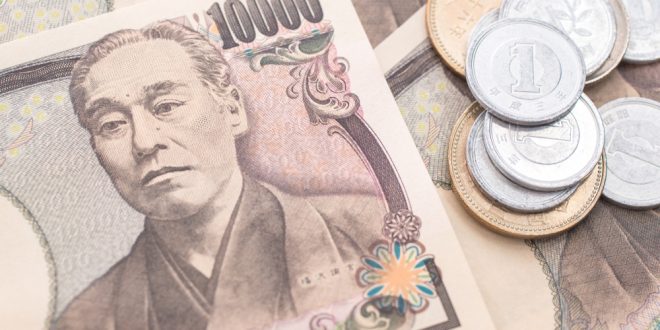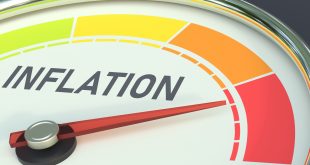Japanese stocks climbed on Monday as the yen plummeted to a three-month low. The shock result of Sunday’s parliamentary election, where Prime Minister Shigeru Ishiba’s coalition lost its majority, has injected uncertainty into Japan’s political and economic landscape.
The ruling Liberal Democratic Party (LDP) and its junior partner Komeito secured 215 seats in the lower house, falling short of the 233 needed for a majority. This marks a significant decline from their previous combined total of 279 seats.
Japan’s Nikkei 225 index surged 1.82% on Monday, fueled by a weaker yen and a sense of relief following Sunday’s inconclusive parliamentary election. The yen plummeted to a three-month low against the dollar, reaching 153.885 per dollar.
The election’s outcome has cast doubt on Japan’s political stability, with potential power-sharing deals and increased uncertainty looming. However, investors seem to be focusing on the short-term positive impact of a weaker yen, which benefits Japanese exporters and makes their stocks more attractive to foreign investors.
While the election result itself is negative due to heightened political uncertainty, the market’s rally reflects a sense of relief that this major risk event is now over. Japan’s Nikkei 225 index rallied on Monday, driven by a weaker yen and strong performances from the automotive and semiconductor sectors. The transport equipment sector, led by Toyota and Nissan, surged 3.5%. Chip-related stocks, such as Advantest, also outperformed, mirroring gains in US chipmakers.
Despite the short-term optimism, analysts remain cautious about the long-term outlook. Norihiro Yamaguchi, senior Japan economist at Oxford Economics, expressed concerns about the political uncertainty and its potential impact on fiscal management. He anticipates a lackluster equity market until the political situation stabilizes and bond yields to remain elevated.
The 10-year Japanese government bond futures declined, and the yield curve steepened, reflecting market expectations of tighter monetary policy.
The outcome of the election brought the policy positions of opposition parties—many of which support low interest rates—that might form alliances to the attention of the market.
Coalition losses may lessen the likelihood that the future administration will enact “more challenging agenda items such as hiking the corporate tax rate.”
The dollar may advance to 155 yen once more, according to BNY analysts, as the BOJ downplays the urgency of raising interest rates. No changes are anticipated when the central bank makes its next policy decision on Thursday.
Investors are assessing the potential for a bullish dollar and higher yields in the event of another Donald Trump presidency and a Republican sweep of the Senate and House of Representatives, as Japan’s general election takes place nine days before the results of the hotly contested U.S. presidential election are in.

 Noor Trends News, Technical Analysis, Educational Tools and Recommendations
Noor Trends News, Technical Analysis, Educational Tools and Recommendations



